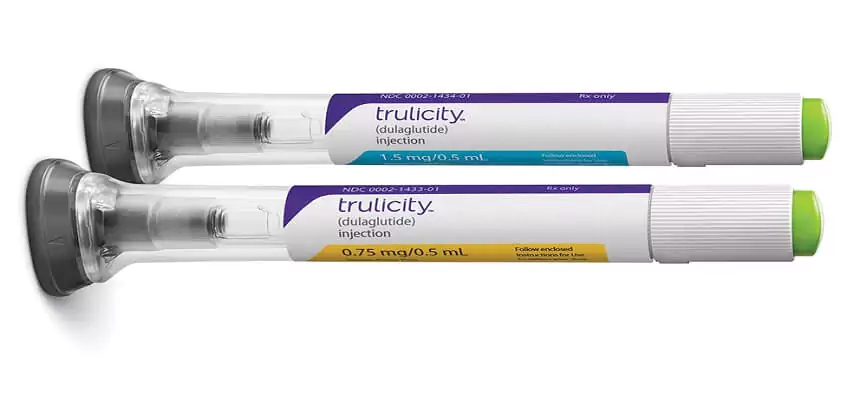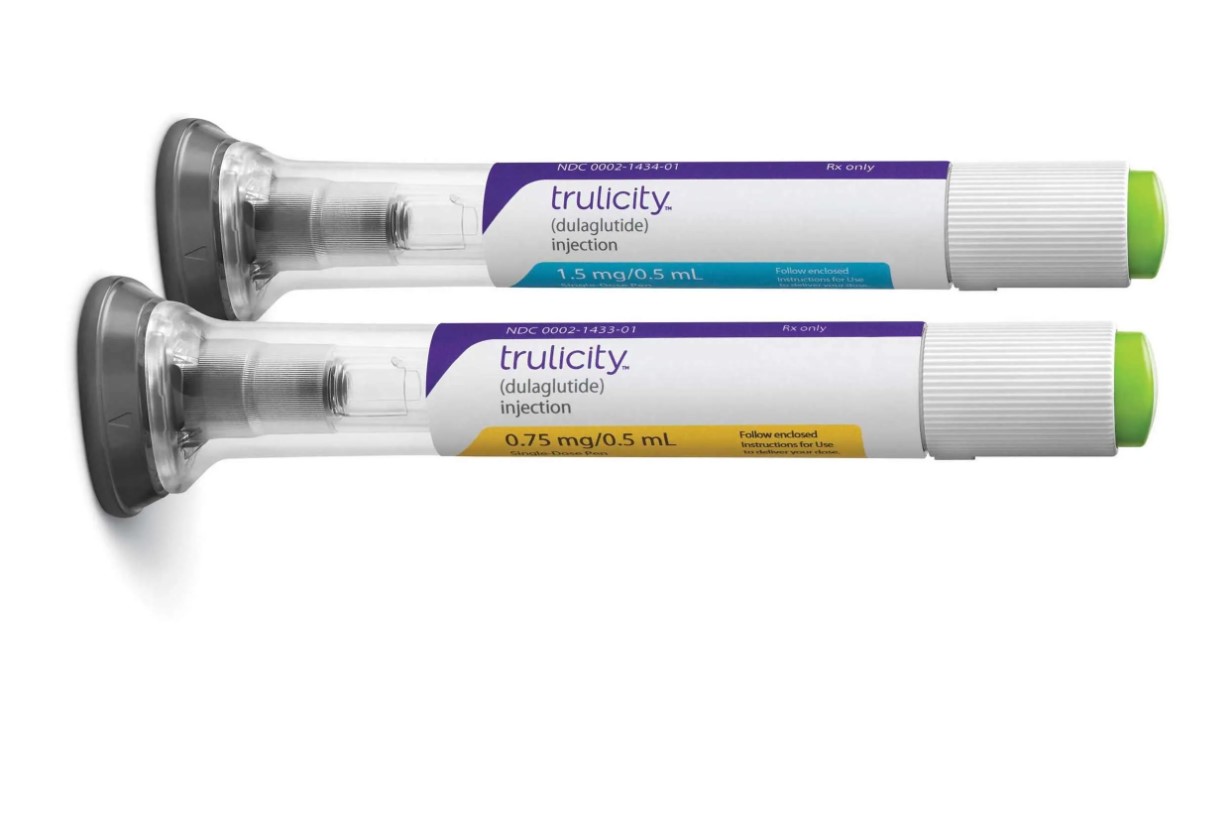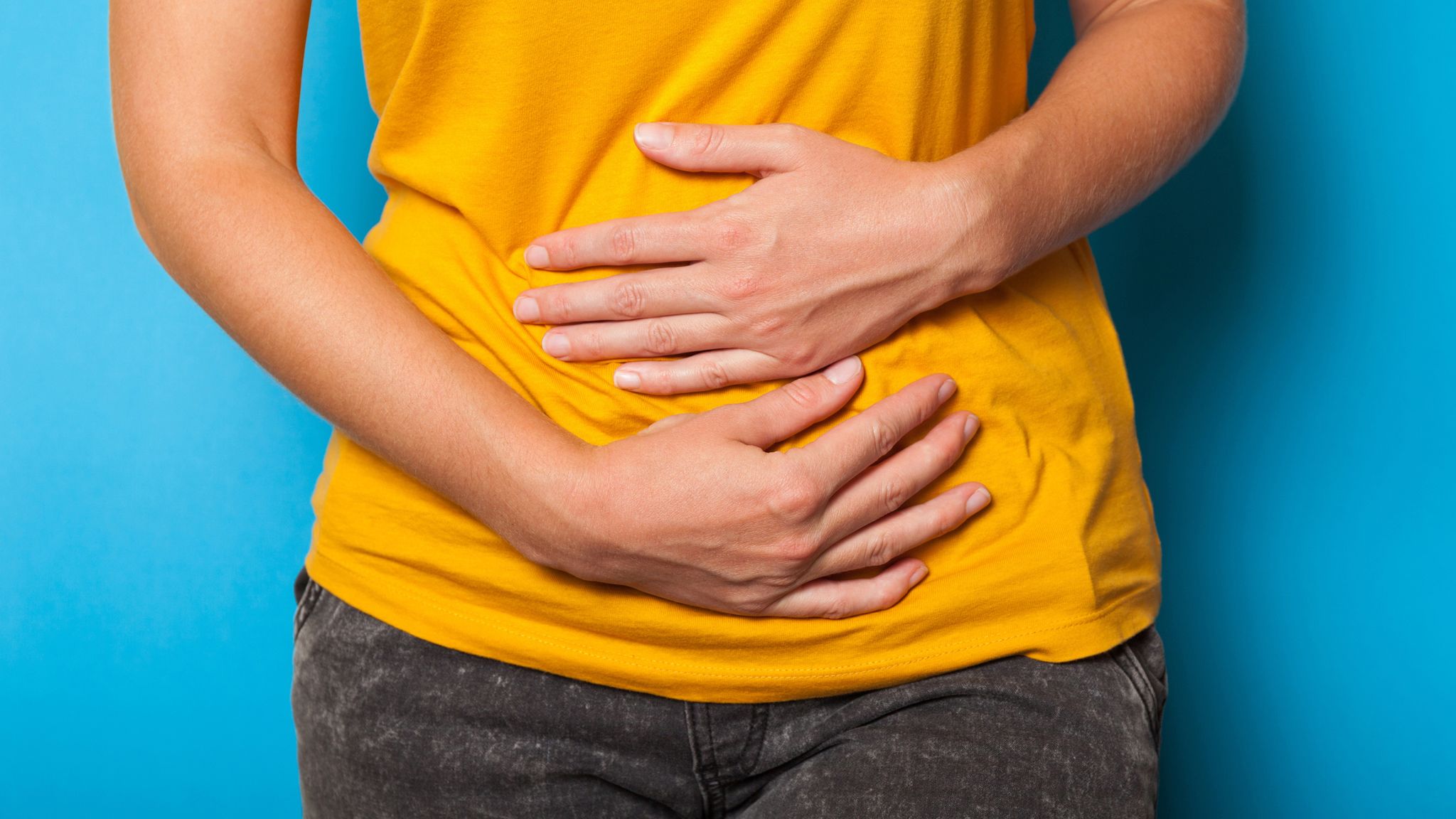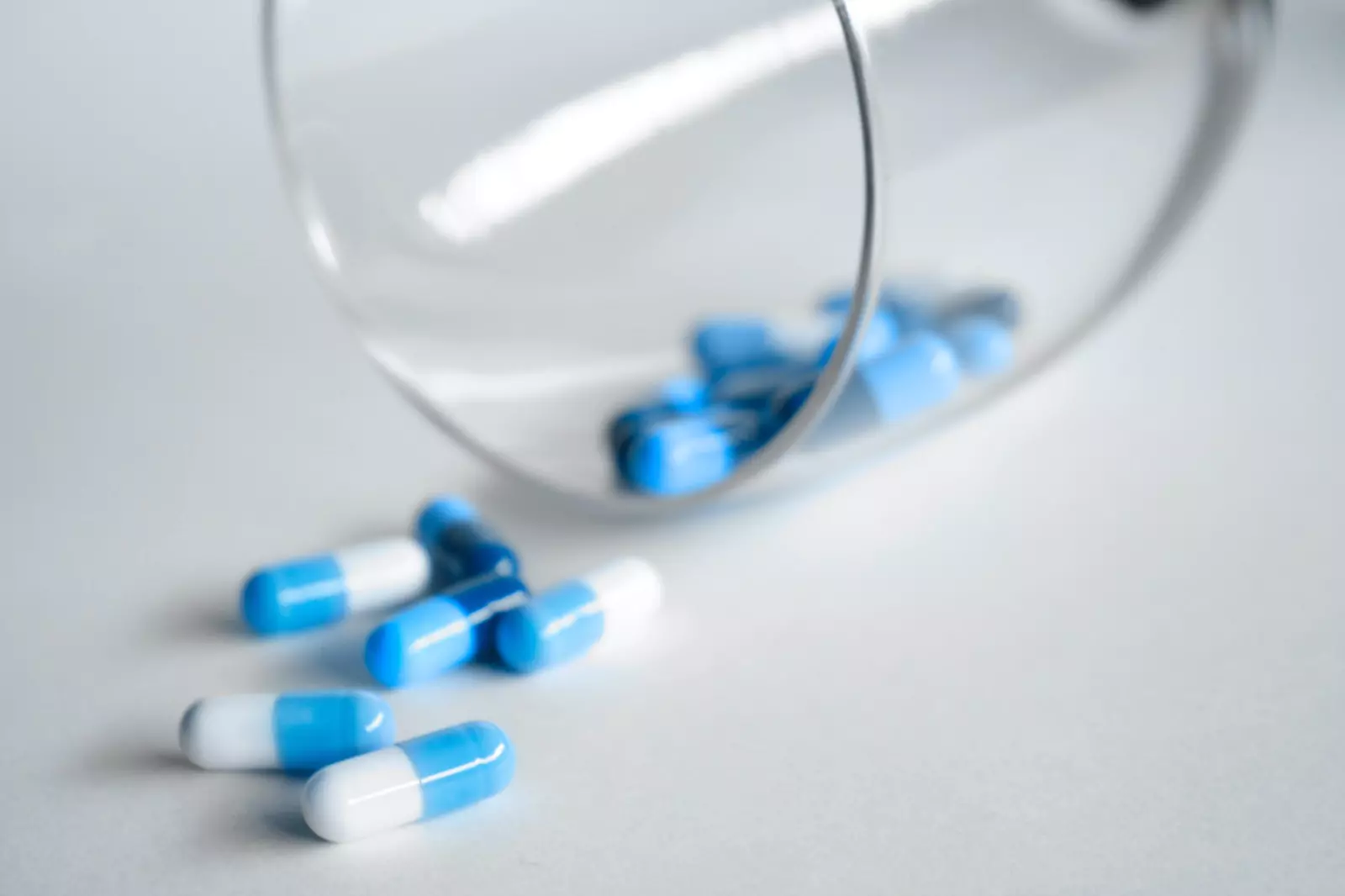
UP TO 40% OFF SITEWIDE






Trulicity side effects and more..


Table of Contents
- What are the side effects of Trulicity?
- How to take Trulicity?
- Most common side effects of Trulicity:
- Rarely reported problems:
- Who should not take Trulicity?
- Some other health conditions that can affect the side effect profile of Trulicity.
- Can Trulicity be used during pregnancy?
- Breast-Feeding Considerations
- Finally, how to reduce the side effects of Trulicity?
- To reduce the nausea side effect, there are a couple of things you can do:
- Are there any good side effects of Trulicity?
What are the side effects of Trulicity?
Experiencing Trulicity side effects are common. However, they are not always severe. Trulicity is a medication approved for type 2 diabetes. Most patients can tolerate this medication. Yet, unfortunately, patients are not informed well enough about the possible severe side effects of drugs, including the Trulicity side effects. In this article, we will go over all the details of potential side effects with Trulicity. How about benefits? Of course, Trulicity is a beneficial medication, and it helps patients with diabetes. Also, check out our Ozempic article.
Ozempic has been proven to be superior to Trulicity for diabetes control and weight loss with similar side effects. The purpose of this article is to be aware of the potential side effects of Trulicity and learn how to deal with them. If you think you may not tolerate the Trulicity side effects, you may have to rethink Trulicity. Before you quit taking it due to the side effects, please discuss it with your prescribing doctor, diabetes specialist or endocrinologist.

How to take Trulicity?
The first thing is, please make sure not to confuse Trulicity with Toujeo, Tresiba, or Tradjenta. They all sound similar. Too many medications beginning with "T" out there! You inject Trulicity directly into the skin, which is called a subcutaneous route. Trulicity is an autoinjector. So, you do not need to pinch your skin or try to angle the pen. You should not inject Trulicity intravenously or intramuscularly.
You can inject Trulicity in a variety of body parts. Most of my patients will use the abdomen; however, you can also use the back of the upper arm or thigh. When using Trulicity weekly, it is a good idea to rotate the injection site. Please use a different part of your abdomen or thigh every time you inject Trulicity.
You can take Trulicity on the same day of the week, but time does not have to be an exact match. If you are taking Trulicity every Sunday, you can take it on Sunday in the morning, in the afternoon or in the evening. You can also take it regardless of any meal. It can be fasting or after any meal. You can also take it with or without insulin. However, you cannot mix Trulicity with any insulin, meaning you have to do separate injections if you are taking Trulicity and insulin injection.
Most common side effects of Trulicity:

Up to 10 to 20% of patients will report nausea, vomiting, diarrhea or constipation. Undoubtedly, gastrointestinal side effects are the most common side effects reported. Trulicity can occasionally increase the heart rate or can cause minor rhythm problems, especially in those patients who have underlying heart rhythm issues.
Elevated heart rate is a much less common problem than a gastrointestinal problem such as nausea and diarrhea. Although most patients will feel better and more energetic, sometimes a patient can report fatigue as well. Low blood sugars below 70 may occur only if when Trulicity is taken together with insulin or sulfonylurea agents.
Sulfonylurea medications such as glipizide, glyburide or glimepiride. But Trulicity itself should not cause low blood sugars. And if it does, that is very, very rare. Other commonly reported side effects are gastroesophageal reflux disease, bloating, abdominal pain, and constipation.
Rarely reported problems:
• Acute kidney failure-typically happens if medication reduces your appetite too much and you reduce hydration due to low appetite.
• Anaphylaxis-this is a severe allergic reaction that can happen with any medication.
• Angioedema-this is also an allergic reaction that can happen rarely with many medications
• Chronic kidney failure (worsening)-worsening kidney failure only happens if dehydration happens. Stay hydrated
• Hypersensitivity reaction-less severe allergic reactions in the form of hypersensitivity can happen
• Increased serum amylase-this is a laboratory change and does not necessarily mean a clinical finding.
• Increased serum lipase-similar to amylase, increased lipase in the absence of symptoms do not indicate a clinical problem.
• Injection site reaction-minor itching redness can happen. If the reaction is severe let your diabetes specialist or endocrinologist know.
• Pancreatitis-see below for detailed description.
I want to clarify again and reiterate that acute kidney failure happens typically not because of the direct toxicity of Trulicity but because of reduced hydration that can happen in some patients due to appetite reduction. The same thing applies to chronic kidney failure.
If you notice swelling around your eyes or legs while on Trulicity, make sure to inform your diabetes specialist or endocrinologist. Swelling can be a sign of kidney failure. Pancreatitis is rarely reported in patients taking Trulicity. However, no data is suggesting that Trulicity directly causes pancreatitis.
When it comes to pancreatitis, you should be aware of the signs and symptoms of pancreatitis. Symptoms typically are severe abdominal pain radiating to the back. Abdominal pain is commonly associated with nausea and vomiting, as well. The pain is generally severe.
Who should not take Trulicity?
• If you have had a history of severe hypersensitivity to dulaglutide (the generic name for Trulicity).
• Allergy to any component of the formulation of Trulicity.
• Personal or family history of medullary thyroid carcinoma (MTC).
• Patients with multiple endocrine neoplasia syndrome type 2 (MEN2).
• If you have had an allergic reaction, do not hesitate to report to your primary care doctor or endocrinologist.
Important note: It is not known if Trulicity (dulaglutide) causes thyroid C-cell tumors (medullary thyroid carcinoma (MTC) in humans. The warning is because of the increased risk of this cancer in rats. You do not need to seek for routine monitoring of serum calcitonin or using thyroid ultrasound monitoring since there is no date on it that can actually be any of help.
If you have a history of medullary thyroid cancer or pancreatitis in your family, make sure you inform your doctor before you start Trulicity. More than likely, you will not be a candidate for Trulicity if that is the case. Always report to your doctor if you have symptoms such as neck mass, swallowing difficulty, shortness of breath or persistent hoarseness. If you have thyroid nodules you should discuss with your endocrinologist prior to starting Trulicity.
Some other health conditions that can affect the side effect profile of Trulicity.
Bariatric surgery:
If you have had bariatric surgery recently, you may have problems maintaining your fluid intake and hydration. If you cannot maintain hydration and get dehydrated, your kidneys may be injured. Your physician/diabetes specialist should carefully monitor you to prevent dehydration. You should drink at least 60 ounces of water to avoid dehydration.
If you are in a hot environment and sweating a lot, I would recommend drinking at least 100 ounces of water. That is around 3 L of water. Also, after gastric bypass surgery, gastrointestinal hormones that are very similar to Trulicity also go up. This situation can cause overexposure to these hormonal agents. As you can remember, Trulicity is a biosimilar agent to your gastrointestinal hormones.
Gastrointestinal disease:
If you have a Crohn's disease, ulcerative colitis, severe gastroparesis, or any other severe gastrointestinal disease, you should not be using Trulicity. Liver problems: If you have moderate to severe liver disease, your diabetes specialist will need to pay special attention and monitoring you. It is not necessarily harmful however the risk of low blood sugars may increase.
Kidney problems/kidney failure: As we discussed, dehydration may happen due to appetite reduction. If someone has underlying kidney impairment, this can get worse rapidly in case of dehydration. To avoid that, please pay attention to your hydration status. Make sure you drink enough water to keep your urine a light yellow color. If you are having diarrhea and vomiting that can lead to dehydration very fast as well.
Can Trulicity be used during pregnancy?
Trulicity is not recommended during pregnancy. Metformin and insulin are the most common agents used during pregnancy if needed.
Breast-Feeding Considerations
We do not know if Trulicity shows up in the breastmilk; however, I would not recommend my patients to use Trulicity while they are breast-feeding.
Finally, how to reduce the side effects of Trulicity?
The good news is that most side effects of Trulicity will go away within 2 to 3 weeks. So if the side effects are not unbearable and your sugars are significantly improving, I would suggest staying on the Trulicity for 2 to 3 weeks before making a decision.
To reduce the nausea side effect, there are a couple of things you can do:
1. Eating smaller portions and eat frequently!
2. Avoid fatty foods, such as fried food.
3. Avoid spicy food.
4. Try to use ginger as a spice in your diet or try ginger tea. Ginger is natural antinausea food.
5. If the nausea is too much, you can ask your diabetes specialist to give you an antinausea medication as well.
6. Reduce your dose if not already on the smallest dose.
7. Avoid other medications that can also cause nausea.
8. Stay in touch with your diabetes doctor and diabetes coach to try to remedy the problems and act on the issues immediately.
Are there any good side effects of Trulicity?
As you may know, side effect does not necessarily mean an adverse effect. Although we sometimes use side effects and adverse effects interchangeably. The side effect of the medication can sometimes be therapeutic. In this case, one of the side effects of Trulicity is appetite reduction which can lead to significant weight loss. That is one of the reasons Trulicity is popular among type II diabetic patients.
In my experience in our diabetes care center, patients are on Trulicity can lose up to 30 to 40 pounds. On the other end of the spectrum, this side effect may not apply to everyone. Some patients may not even lose a pound. Another barrier is that insurance coverage can be a problem with Trulicity or co-pays can be high, especially when patients are in the "donut hole" with Medicare plans.
Remote glucose monitoring and diabetes service that has 24/7 availability will be your best friend in times of side effects. When you are in distress or have questions about the side effects, questions about the cost of the medication, or you are in need of prior authorizations a telemedicine service with a dedicated diabetes specialist, and a diabetes coach is going to be your best friend. Thank you for reading our blog post. Please feel free to contact us directly for any questions or concerns. www.sugarmds.com Ahmet Ergin, MD, CDE, ECNU Endocrinology
Written By Dr. Ahmet Ergin
464 total articles
Meet Dr. Ahmet Ergin, a highly skilled and dedicated endocrinologist with a passion for diabetes care. Dr. Ergin earned his medical degree with honors from Marmara University in Istanbul. He completed internal medicine residency and endocrinology fellowship at Cleveland Clinic. Dr. Ergin is board-certified in Internal Medicine, Endocrinology, Diabetes, and Metabolism due to his vast medical expertise. He's a certified diabetes educator, author of “The Ultimate Diabetes Book,” and founder of “the SugarMD YouTube channel.” Dr. Ergin offers exceptional diabetes care to his patients in Port Saint Lucie, FL, helping them manage effectively. For a closer look into his insights and experiences, connect with Dr. Ahmet Ergin on LinkedIn, Instagram, and YouTube.”
Disclaimer: These statements have not been evaluated by the Food and Drug Administration. Information on this website isn't intended to treat, cure or prevent any disease. Discuss with your doctor and do not self-treat.
Products















